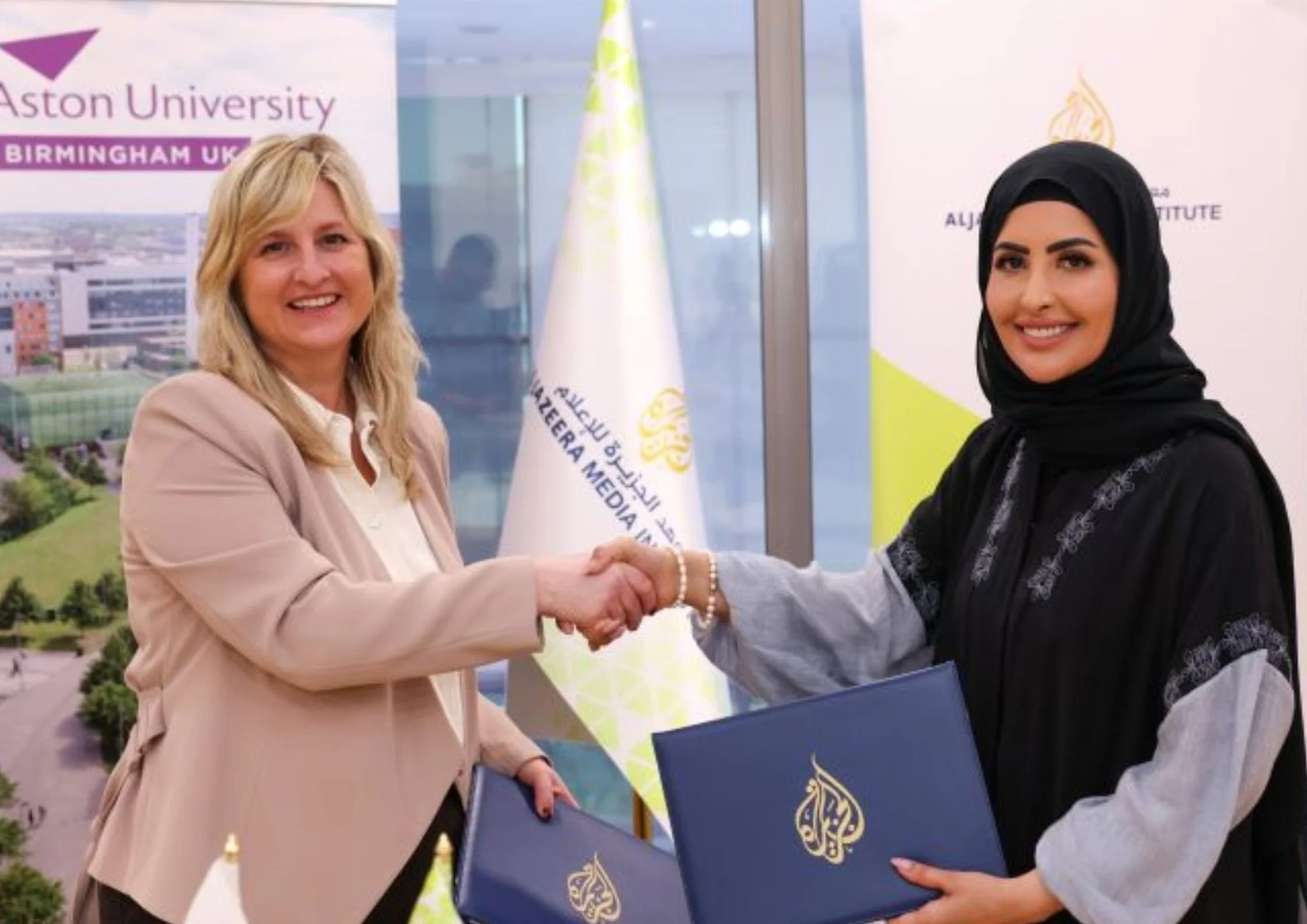UK universities to play a key role in £13 million new nuclear program aiming to increase UK energy security
The University of Manchester, in collaboration with the Universities of Oxford, Plymouth, and Loughborough will play a key role in a new £13 million programme aiming to increase UK energy security.

The five-year ENLIGHT program hopes to transform the lifecycle of graphite in nuclear energy which is an essential material for the future use of nuclear power and could help the UK achieve its net zero goals.
ENLIGHT aims to address two concerns - the need for a sustainable supply of nuclear graphite, and the need for solutions to manage the UK’s growing volume of irradiated graphite waste.
The University of Oxford will lead one of three core strands, designing new graphite materials engineered to withstand extreme conditions in Advanced Modular Reactor environments.
Led by Professor James Marrow and Associate Professor Dong Liu, the research will help develop and select new types of recycled and sustainable graphite.
“This work will draw on Oxford’s expertise in studying how materials become damaged, observing these changes directly as they happen, from the atomic level upwards’ Professor Marrow says. “Some of the critical studies will leverage Oxford’s deep experience at national facilities such as the Diamond Light Source for synchrotron X-rays and the ISIS neutron and muon source.”
Associate Professor Liu adds: “We will use advanced image analysis powered by deep learning to identify the different components of nuclear graphite and explore how these influence the material’s ability to conduct heat and withstand stress, especially after radiation exposure.
“This work reflects exactly what we do every day in the Department of Engineering Science, where we are passionate about solving real-world industrial challenges while also exploring the fundamental science behind how complex materials behave.”
The program will be supported by a £8.2 million grant from the UK Research and Innovation’s Engineering and Physical Sciences Research Council (EPSRC), with an additional £5 million contributed by industry partners.




















